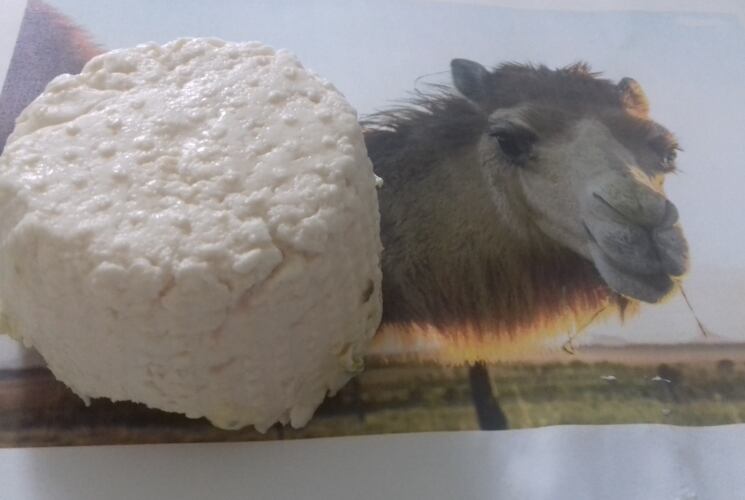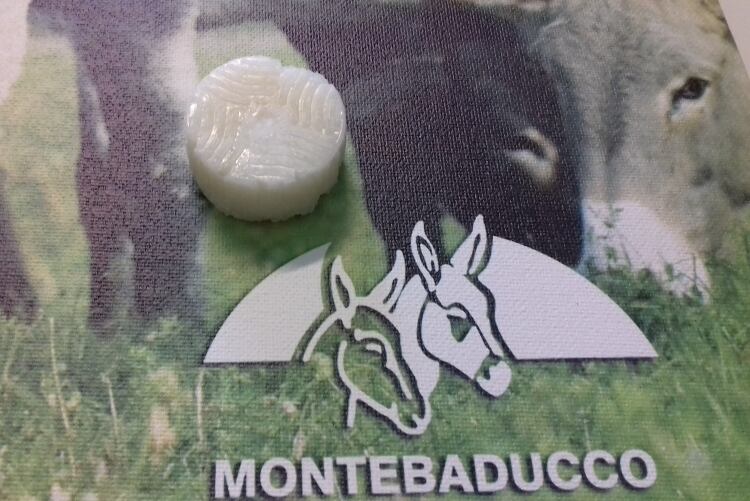The scientist, from Food Science and Technology Research, in Italy, said making cheese from equid milk is considered not feasible at a commercial scale due to difficulties in coagulation and curd formation.
Iannella said his previous studies showed making fresh equid cheese by using camel chymosin or coagulant from plant extracts worked, however, the low cheese yield (about 3.5%) together with a higher cost of production of the raw material, limited any practical application.
However, Iannella now is proposing a new and uncommon method to making donkey, mare and camel cheese with a much higher yield (not less than 15%) thanks to the use of thickening substances and lactic bacteria, which allow the development of a ‘lactic clot’ with a consistency that can be worked and drained like a curd.
He added that by using the thickeners, minimal adjustments are needed to the manufacturing technology and equipment.
Iannella said the steps to produce cheese from donkey, mare and camel milk involve pasteurization, the addition of thickeners (carob seed flour, k-carrageenan or others), the addition of starter cultures, and the addition of optional ingredients such as fats, salt, and others.
The coagulum obtained by these processes can then be treated in different ways according to the type of cheese.
The researcher said the structure and physical properties of many types of cheese, mozzarella and Parmigiano being two examples, are imparted by coagulation of the milk proteins using rennet or other coagulating enzymes. The enzyme treatment of milk modifies kappa casein and produces a coagulum in the presence of calcium ions.
He said one benefit of his newly-developed method is that the action of coagulating enzymes to modify a major portion of the kappa casein causing aggregation or coagulation is not required. He added this method reduces or eliminates the enzyme coagulation step in making cheese thus saving time and overcoming the obstacle of the difficult coagulation of equid/camel milk and its low yield in cheese.
Iannella said the new methods can lead to further trials and could be useful for industrial scale cheese processing of equid and camel milk.
Anyone interested in learning more about the methods can contact Dr Iannella here.


